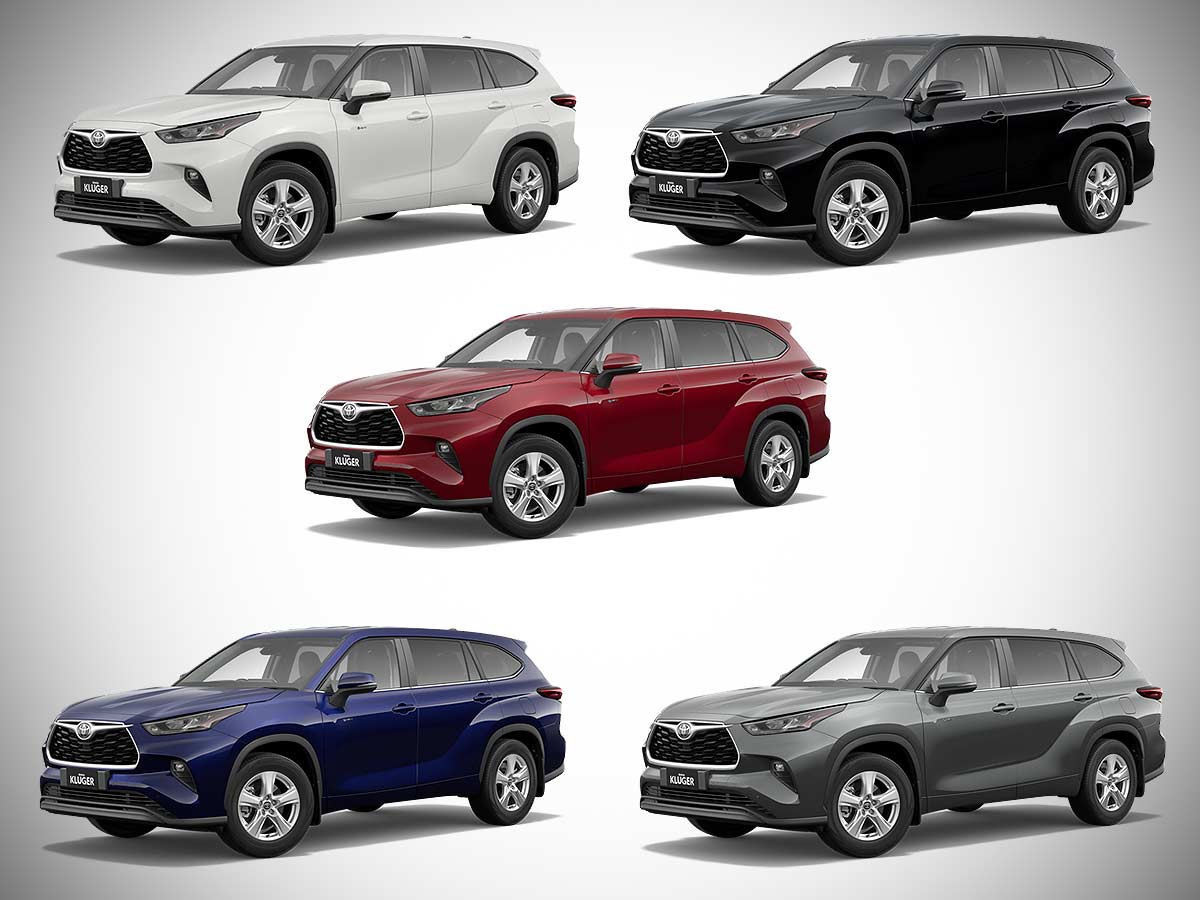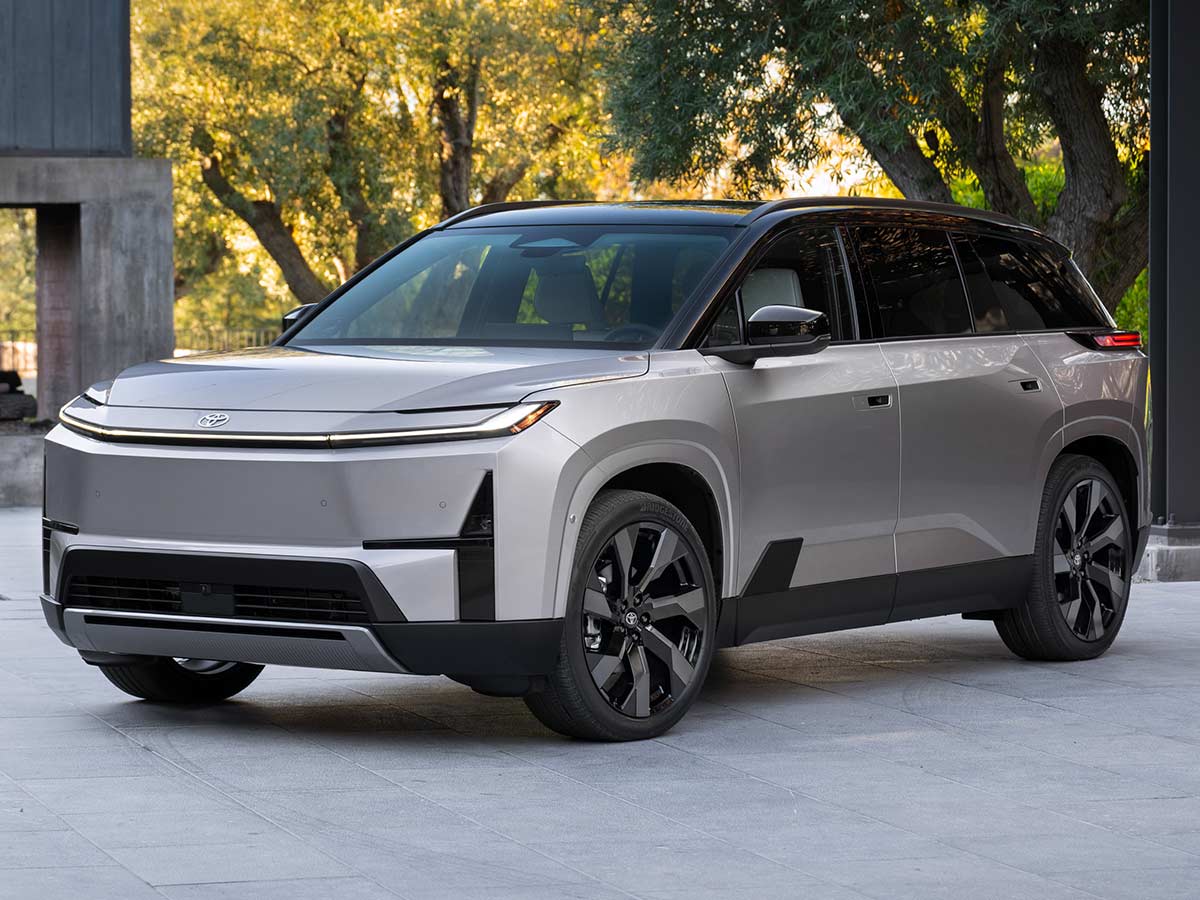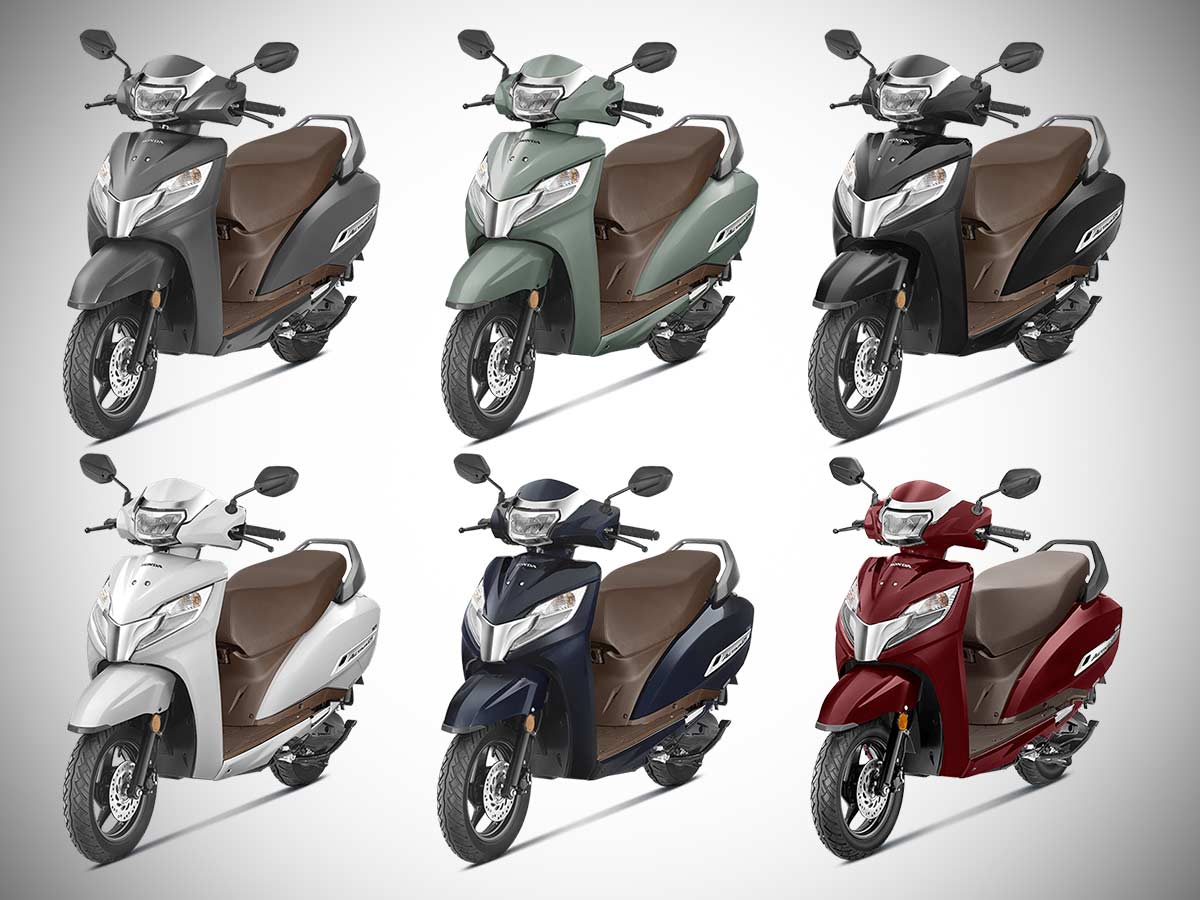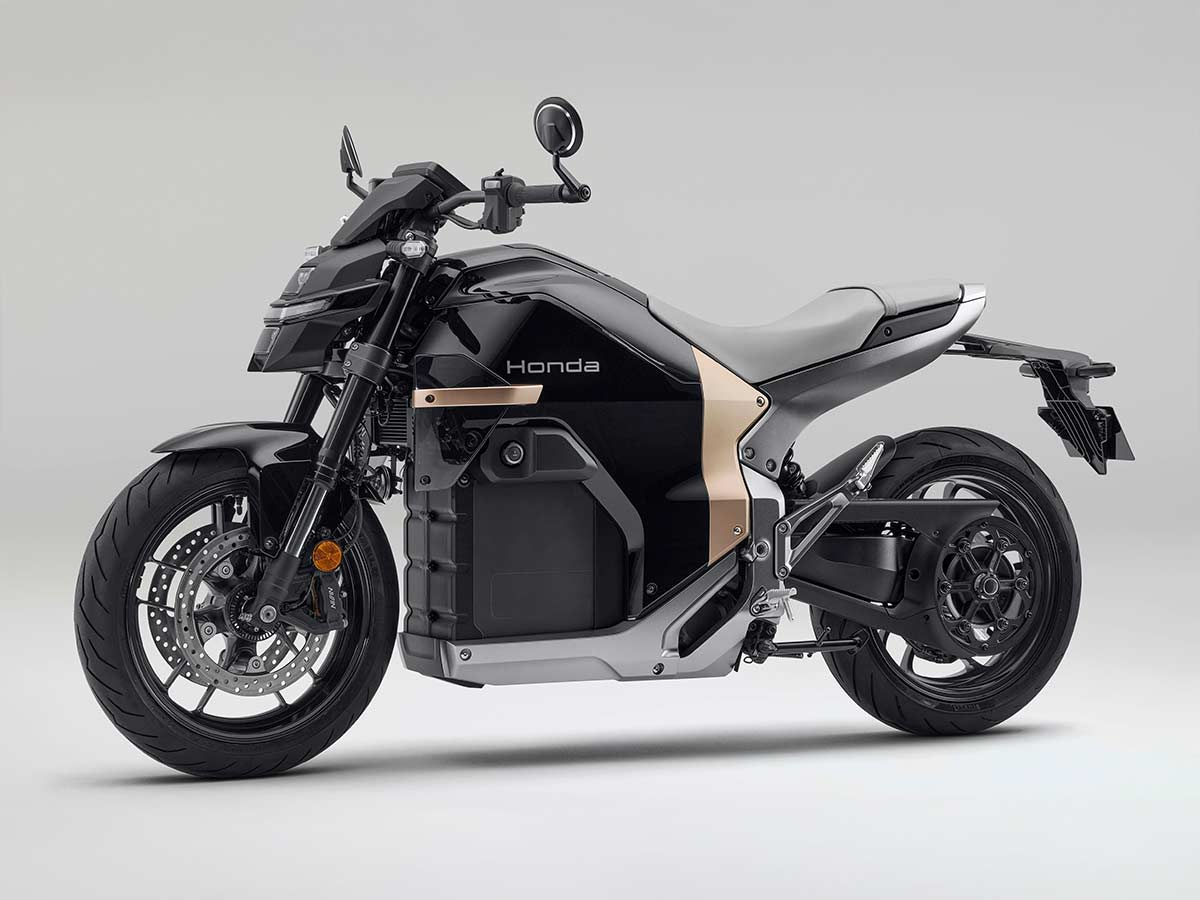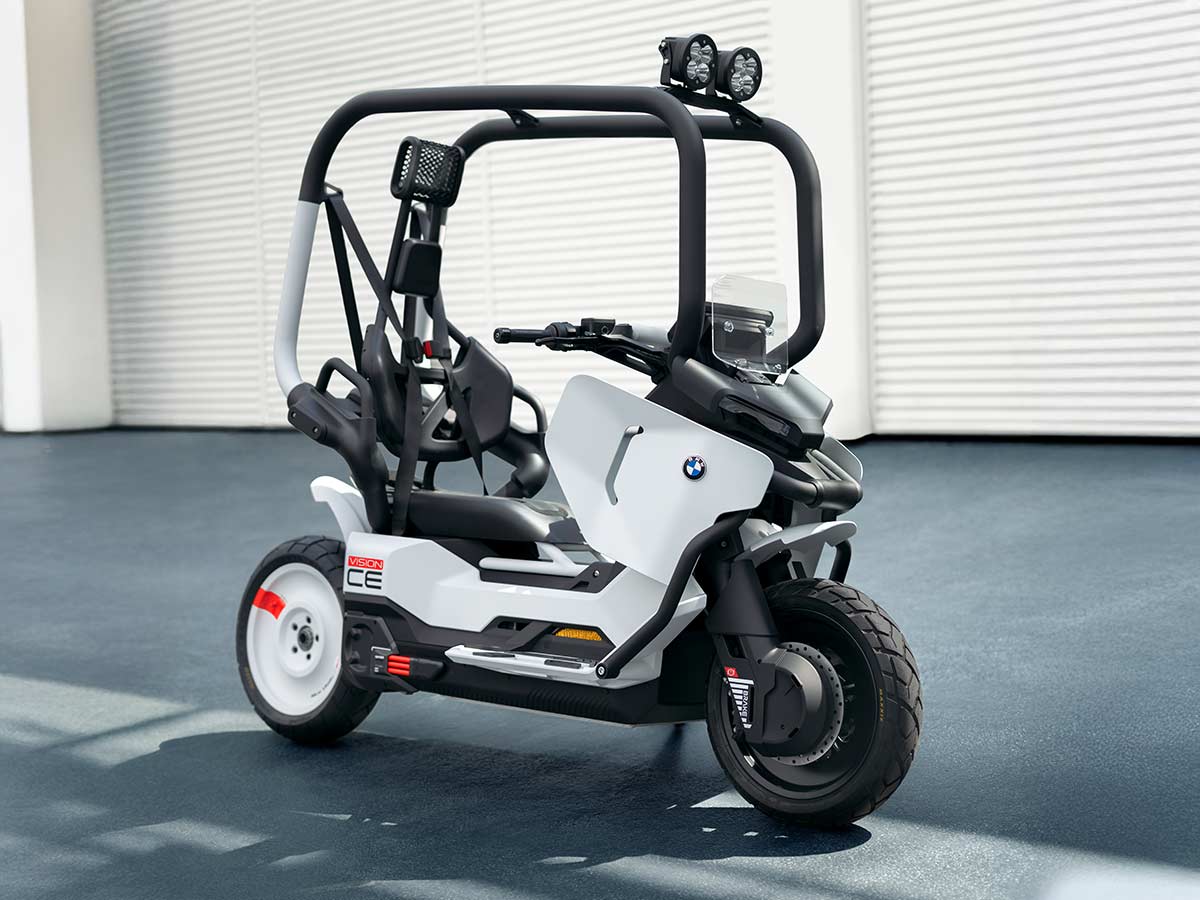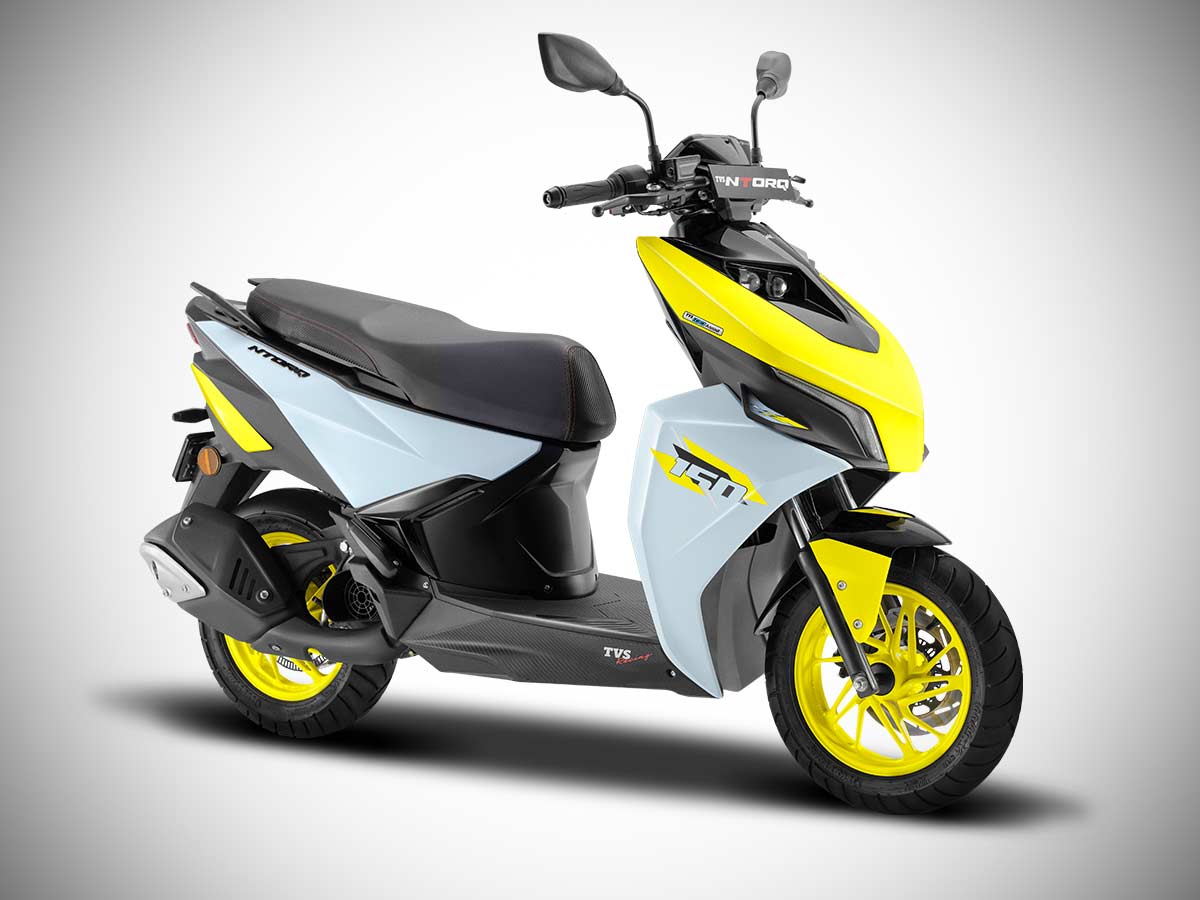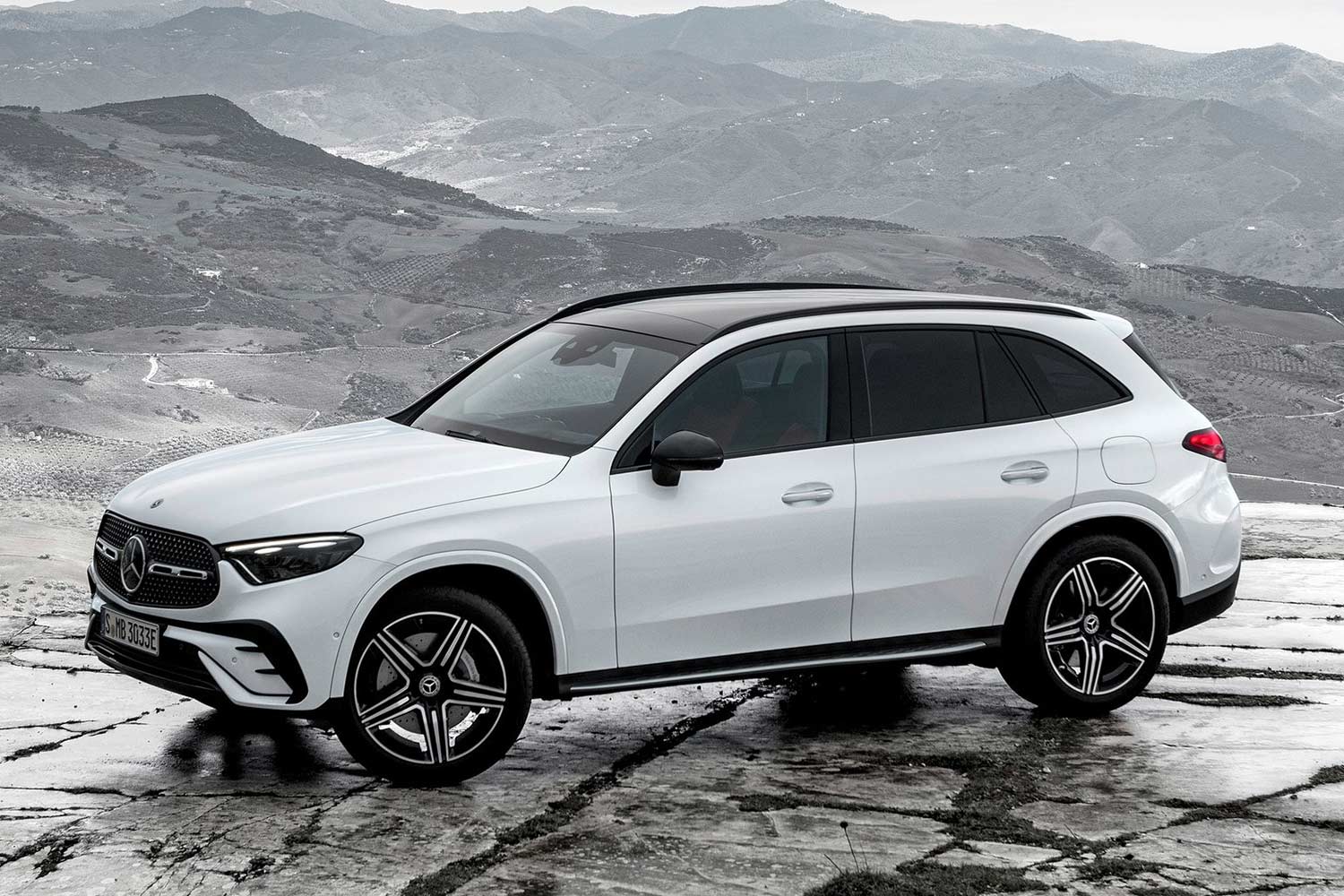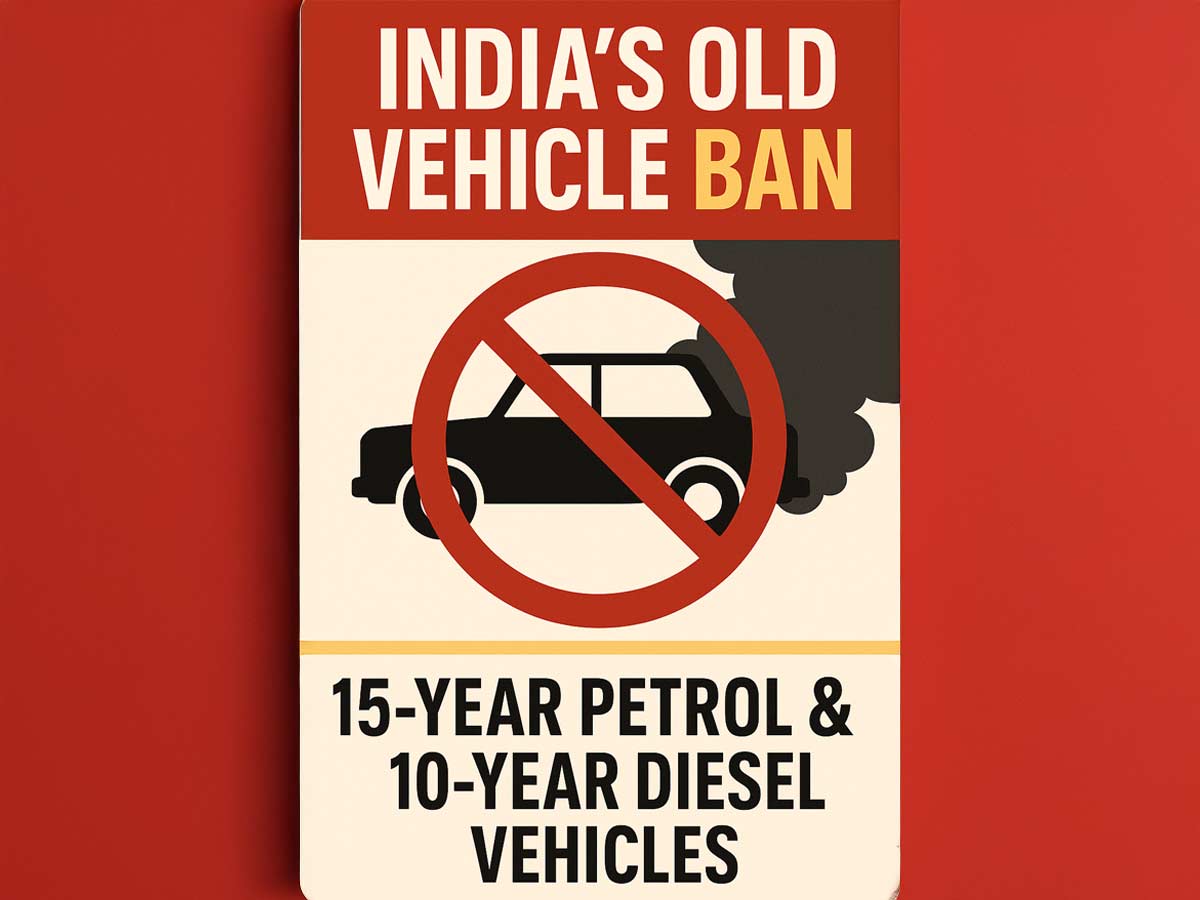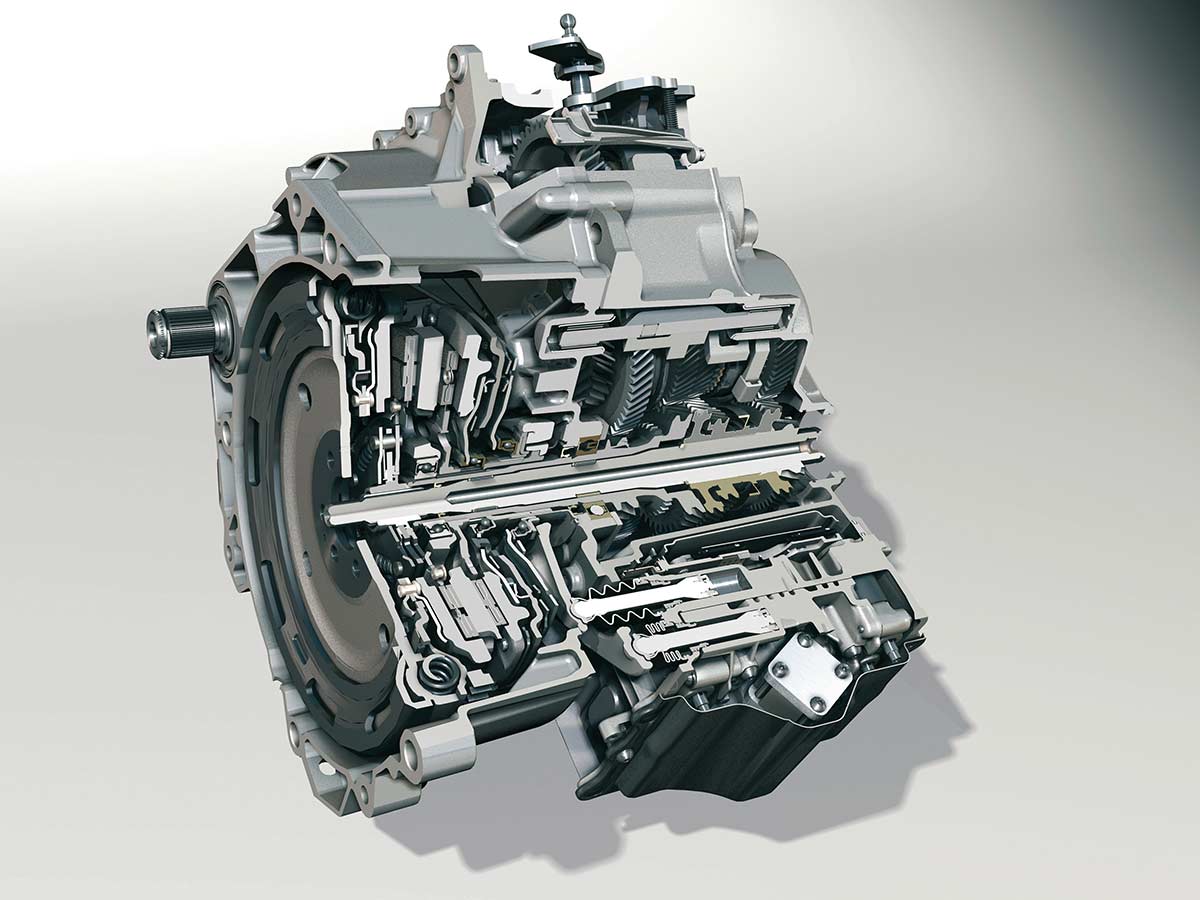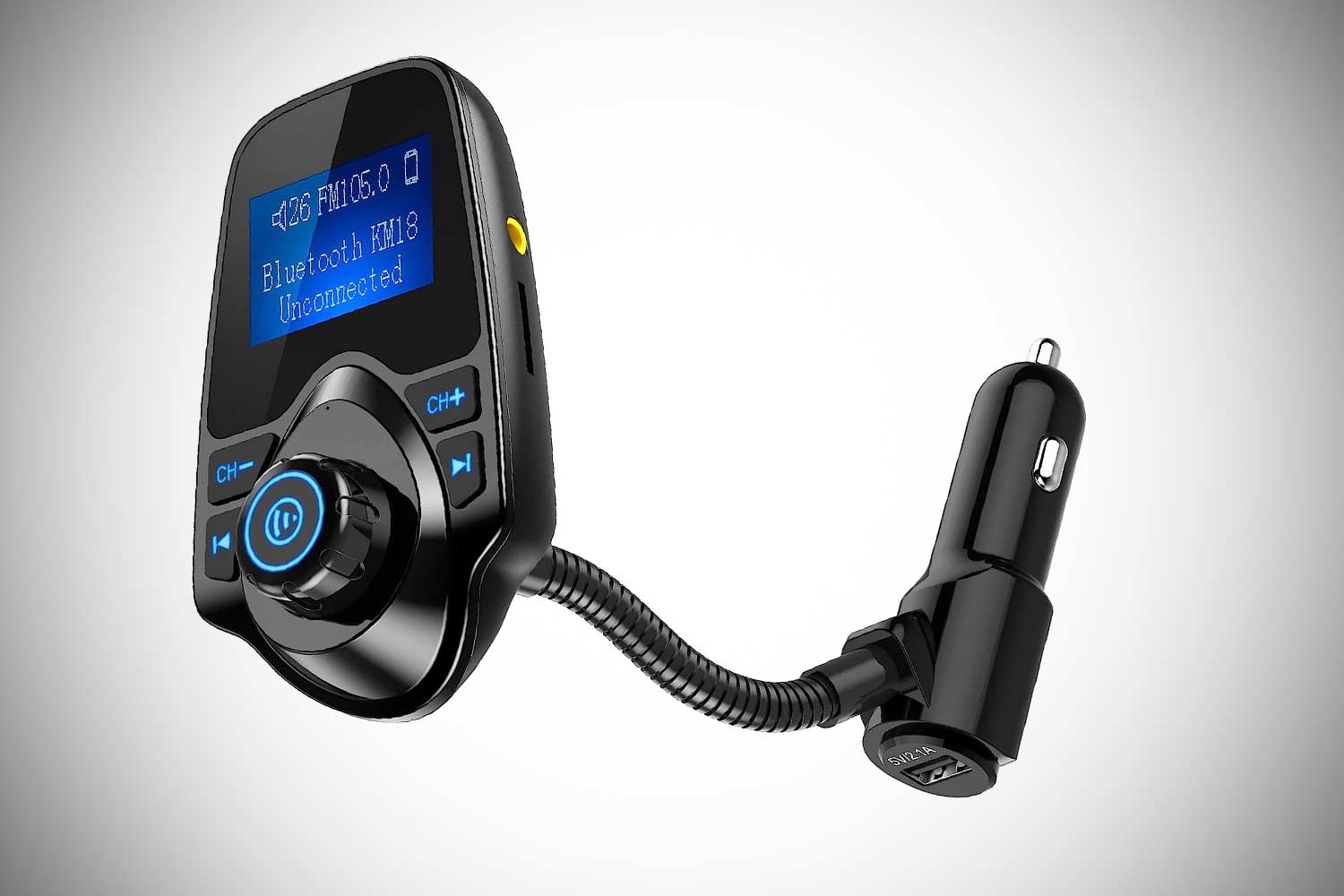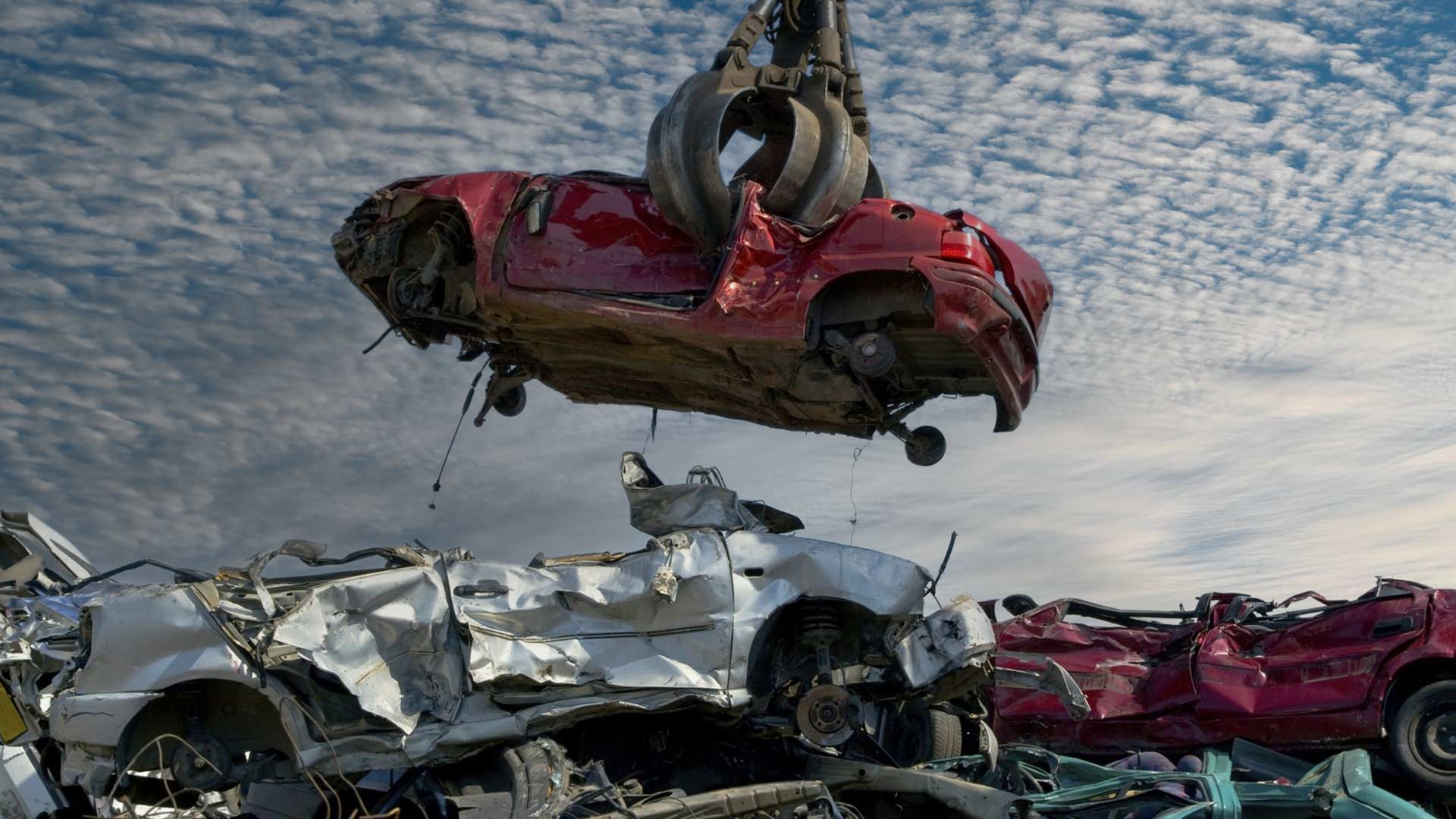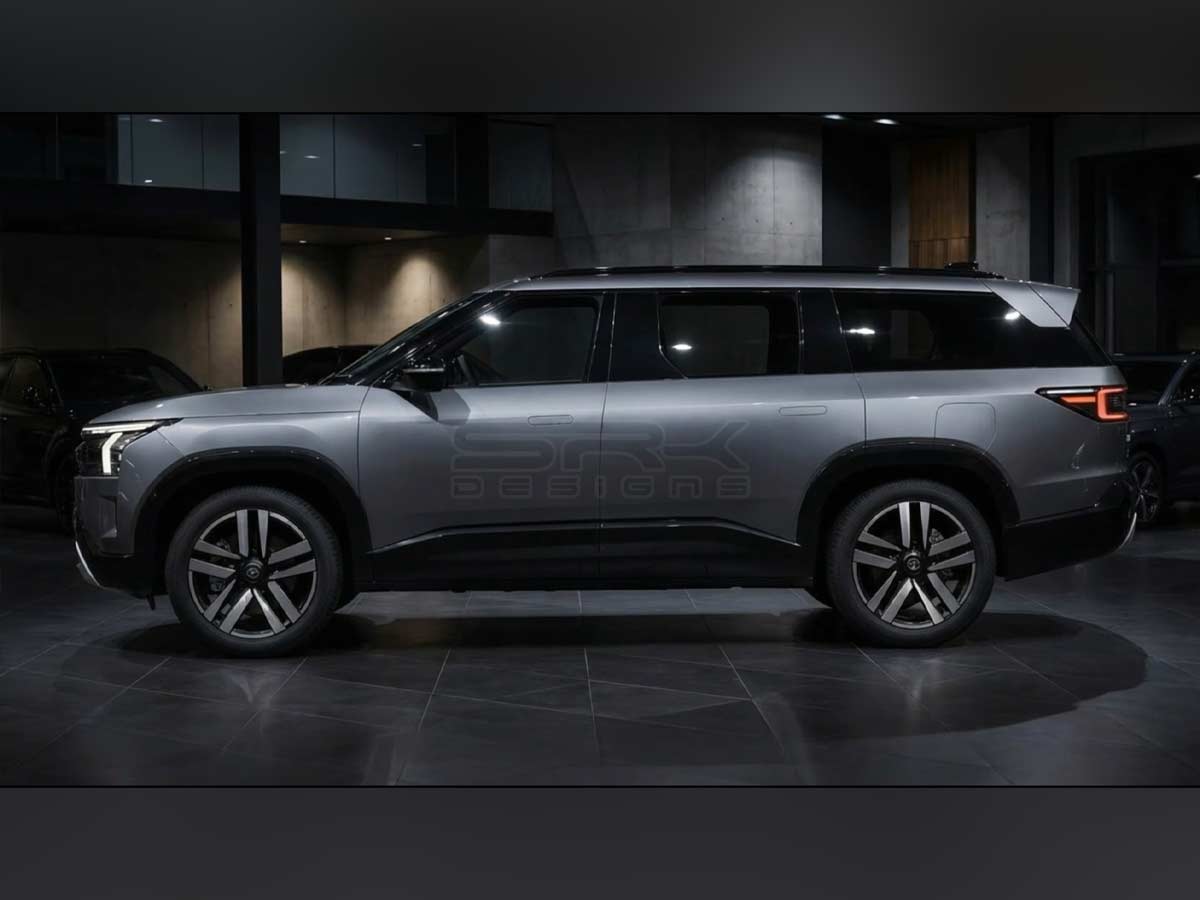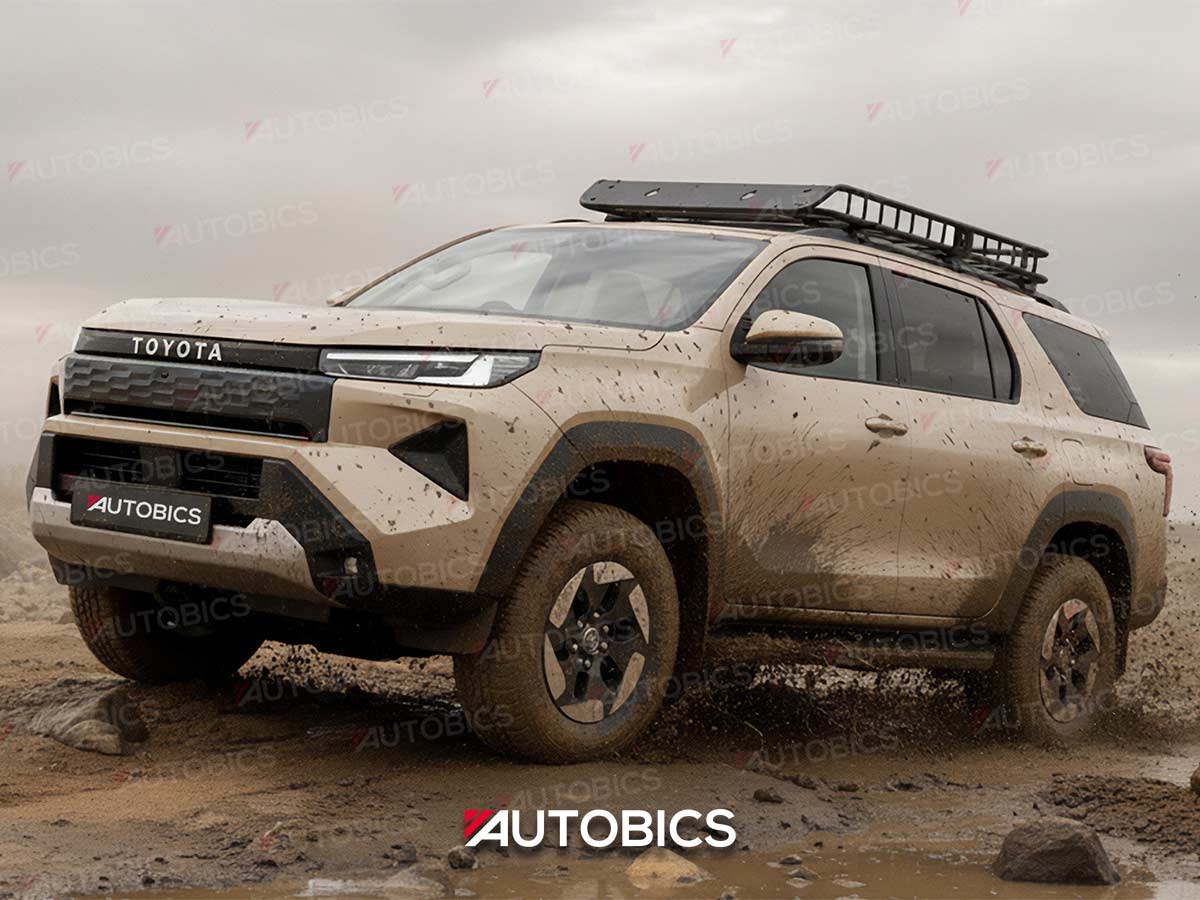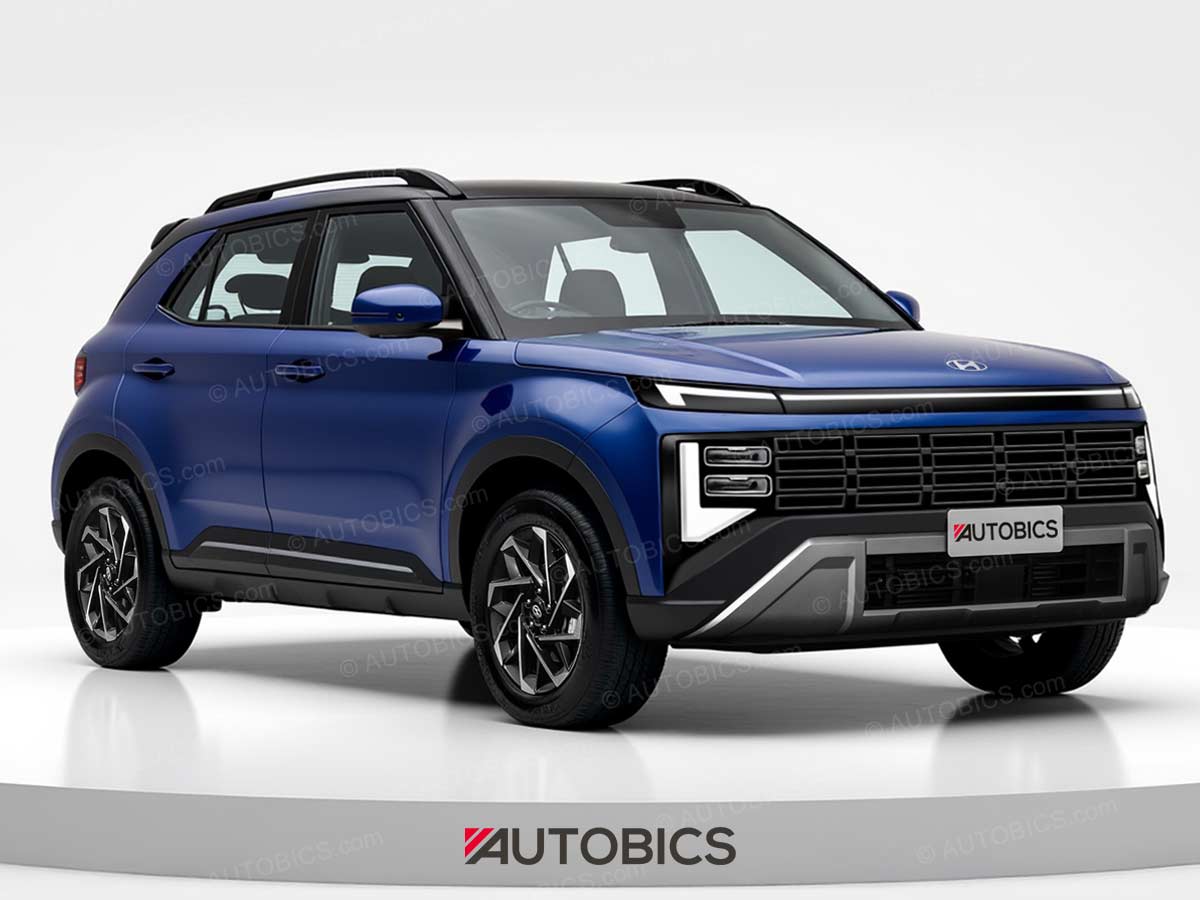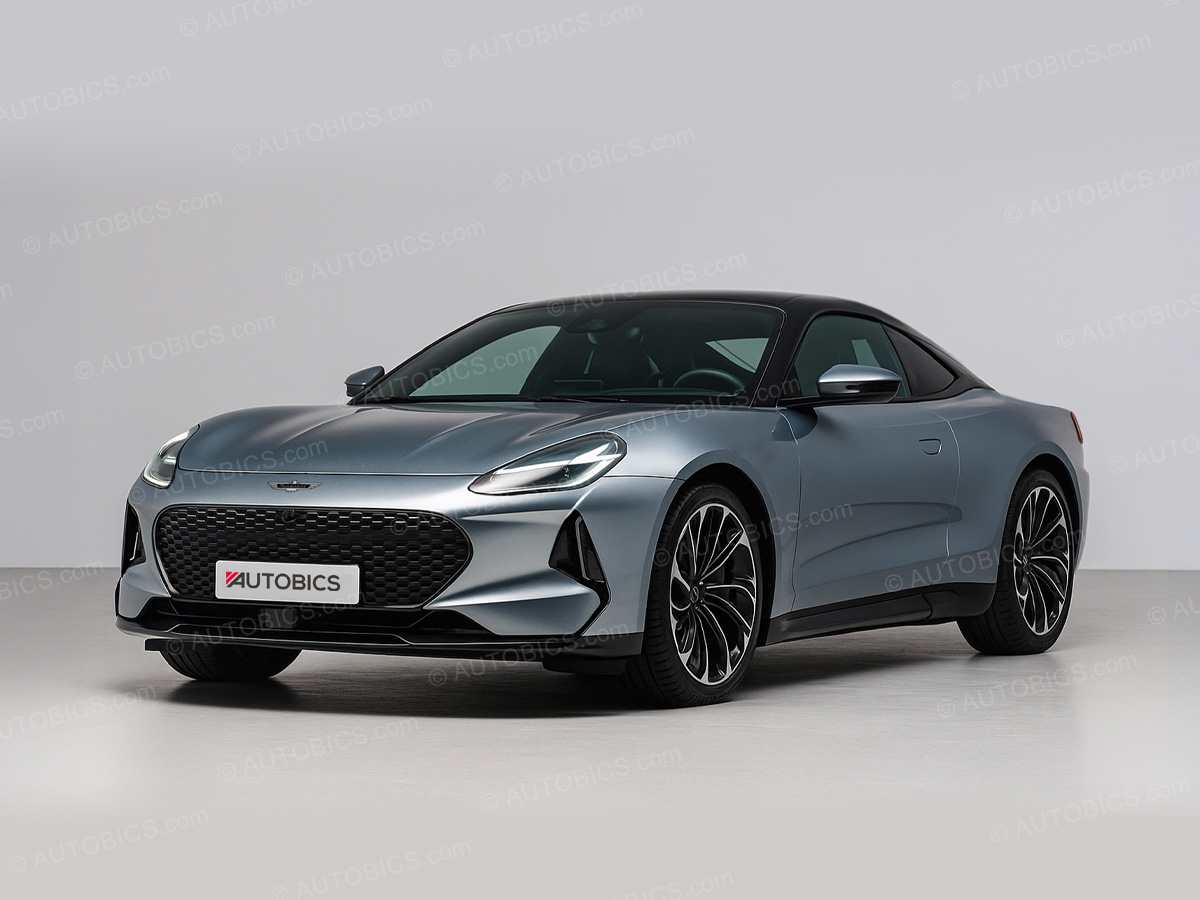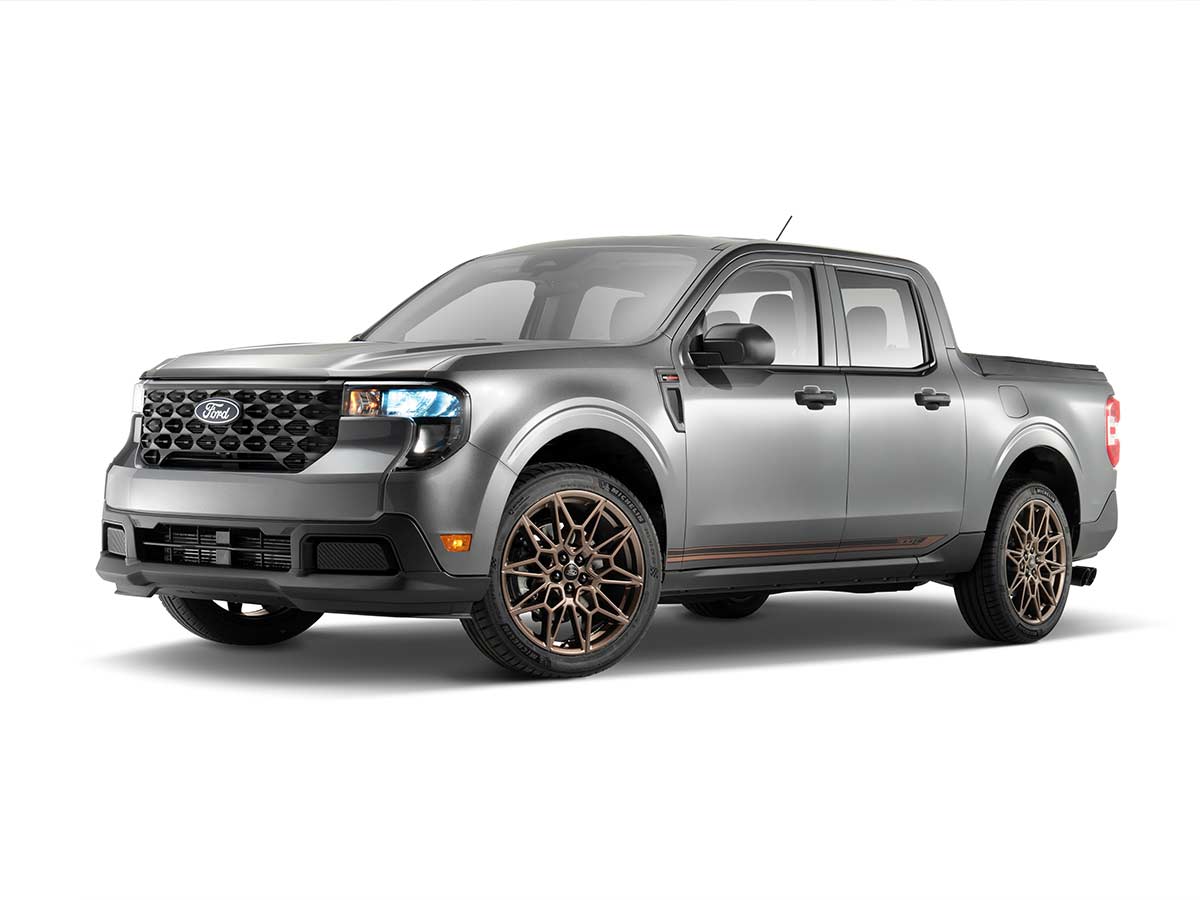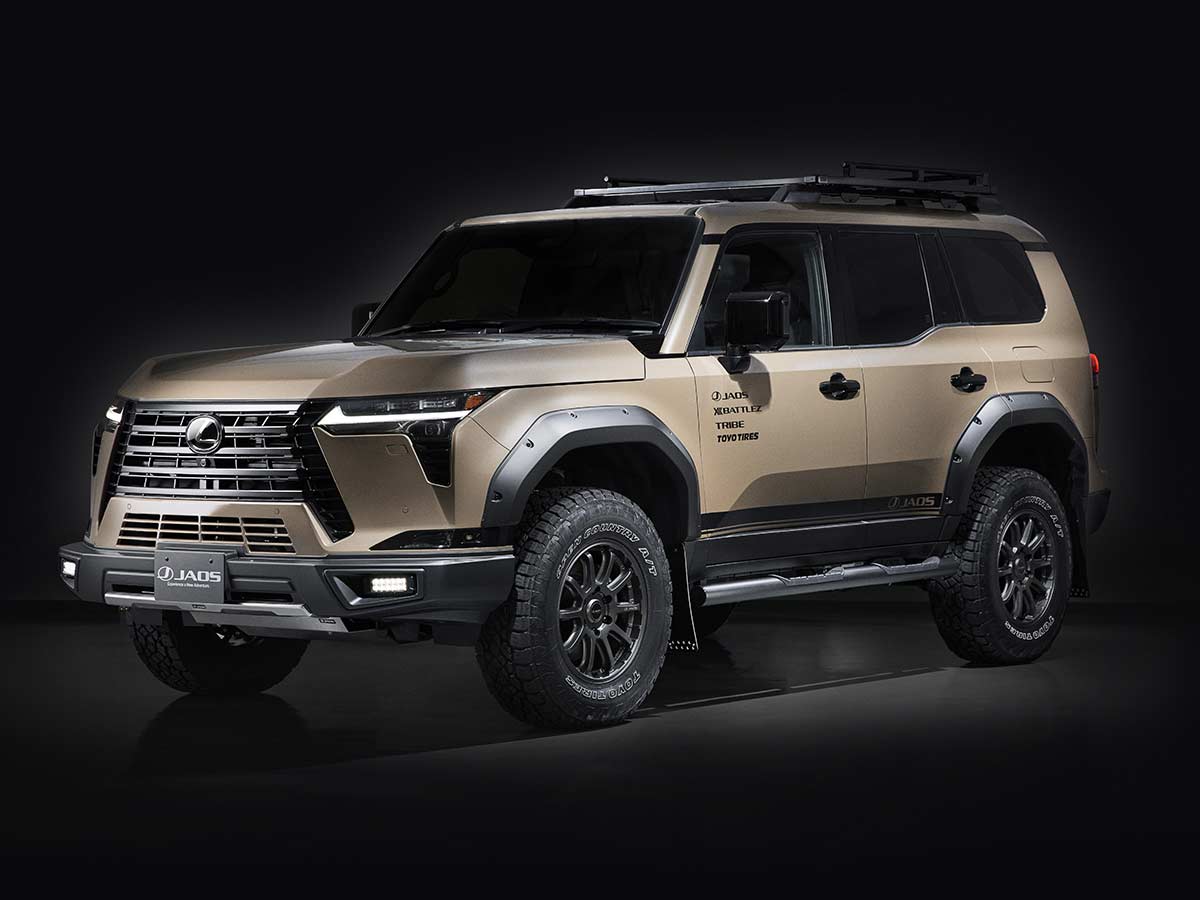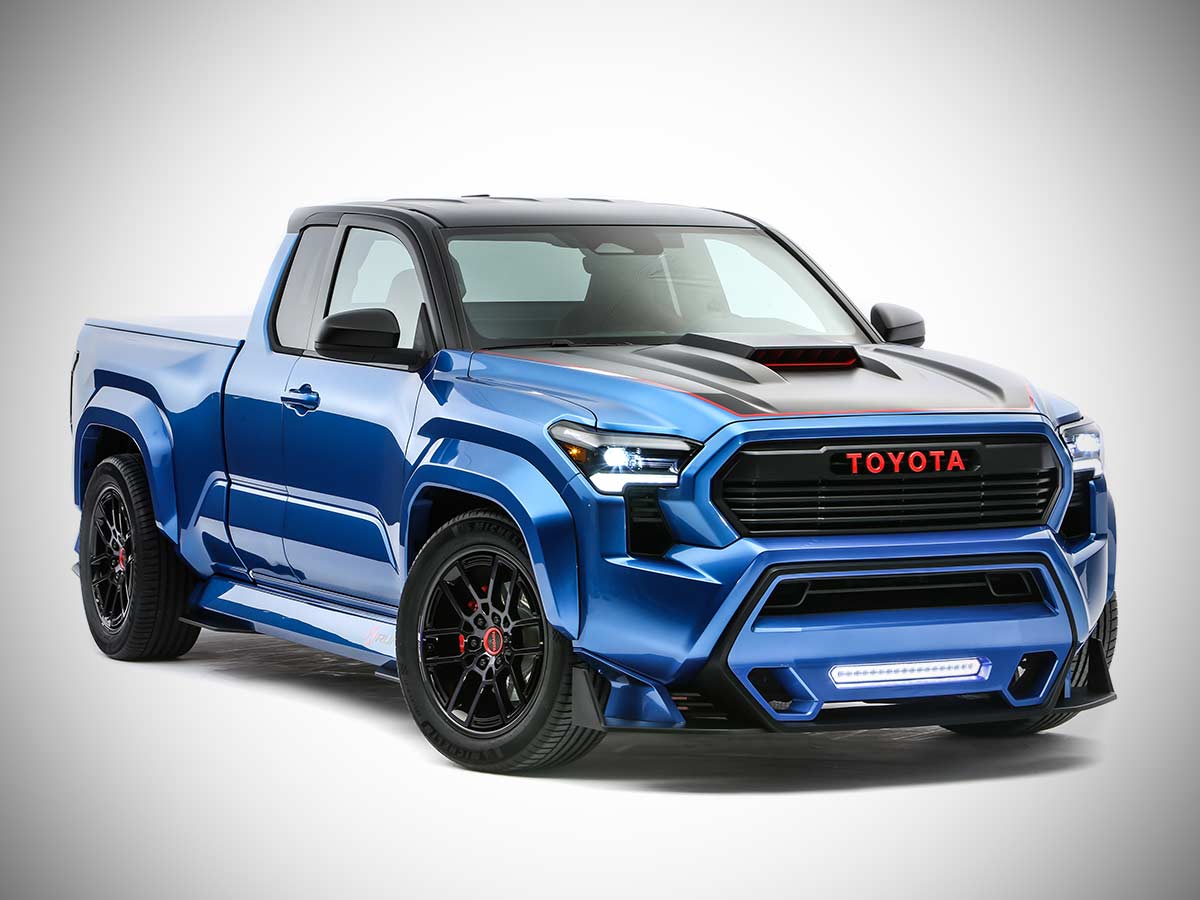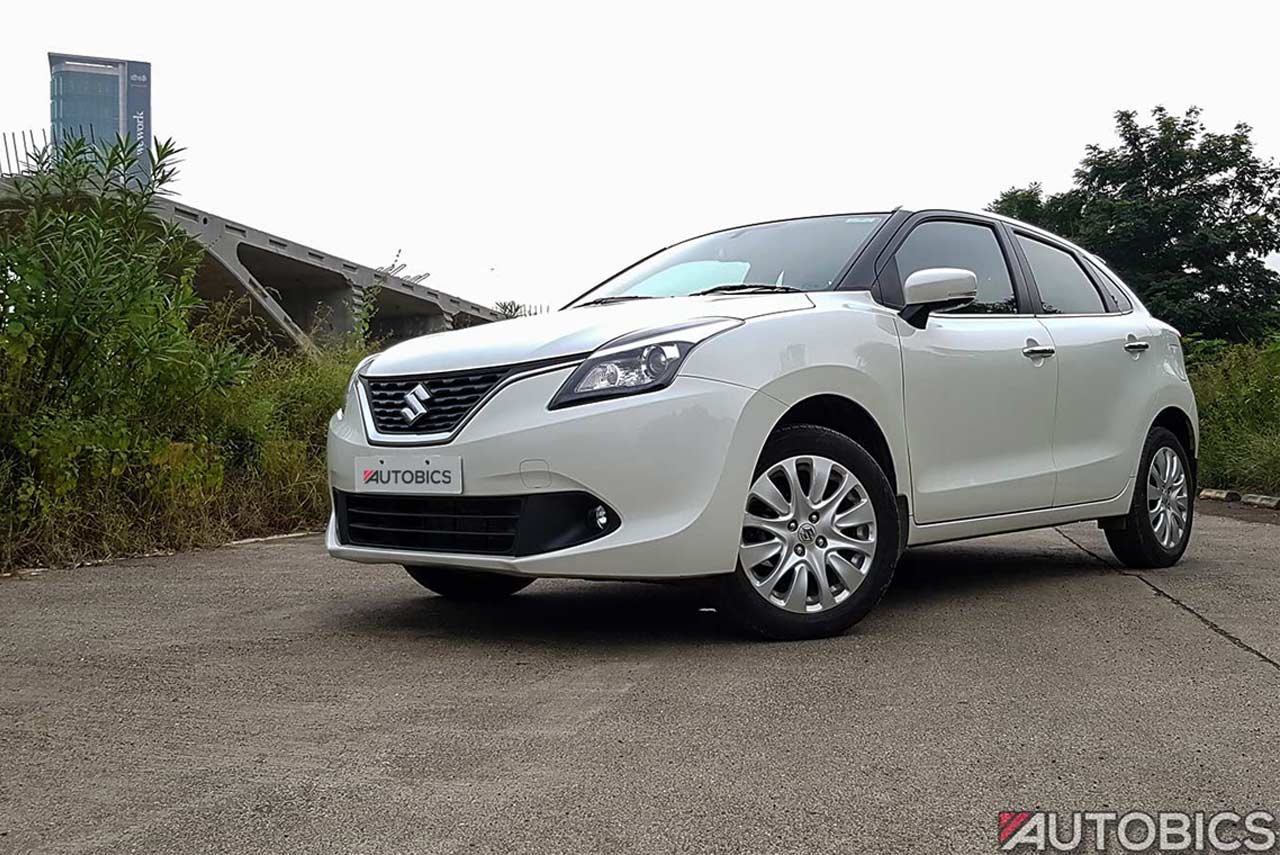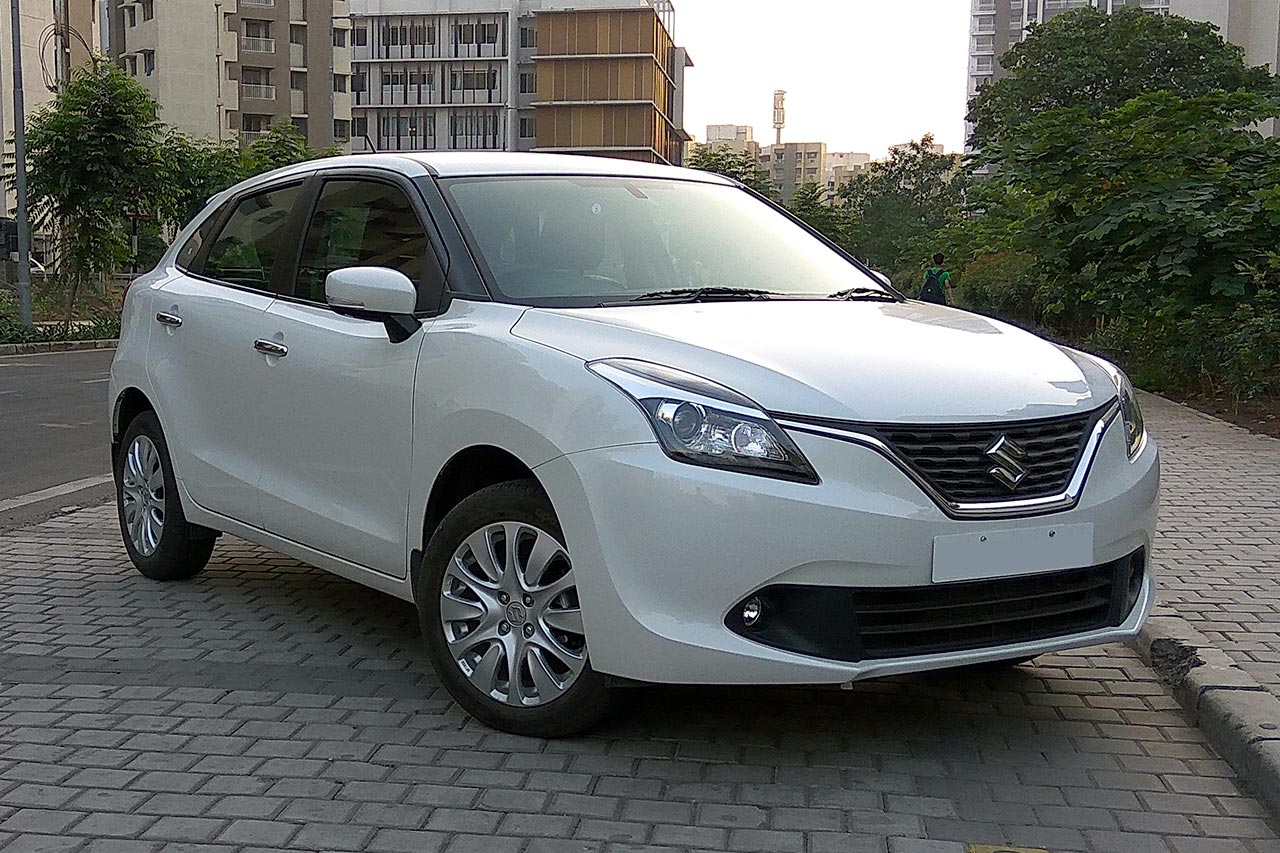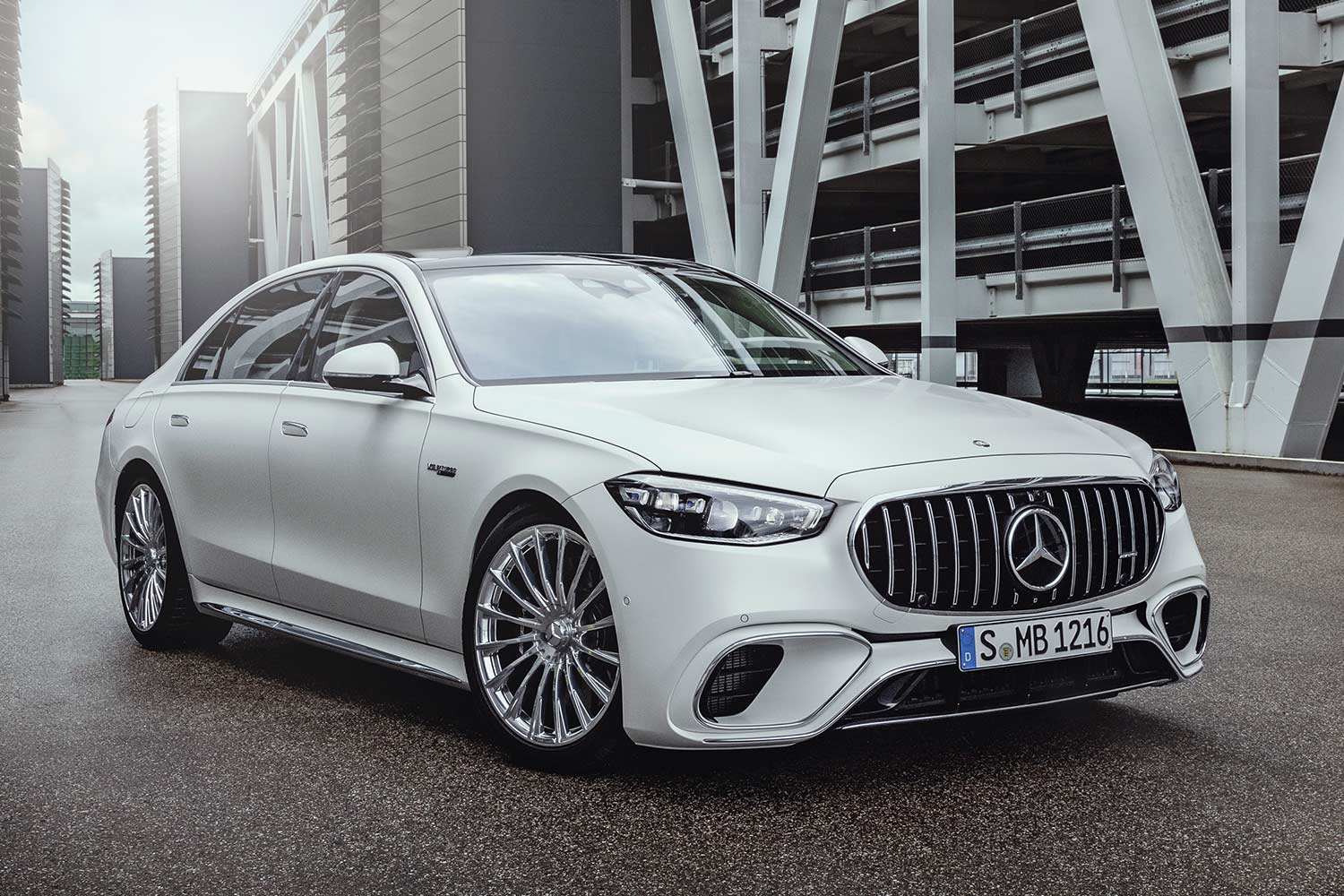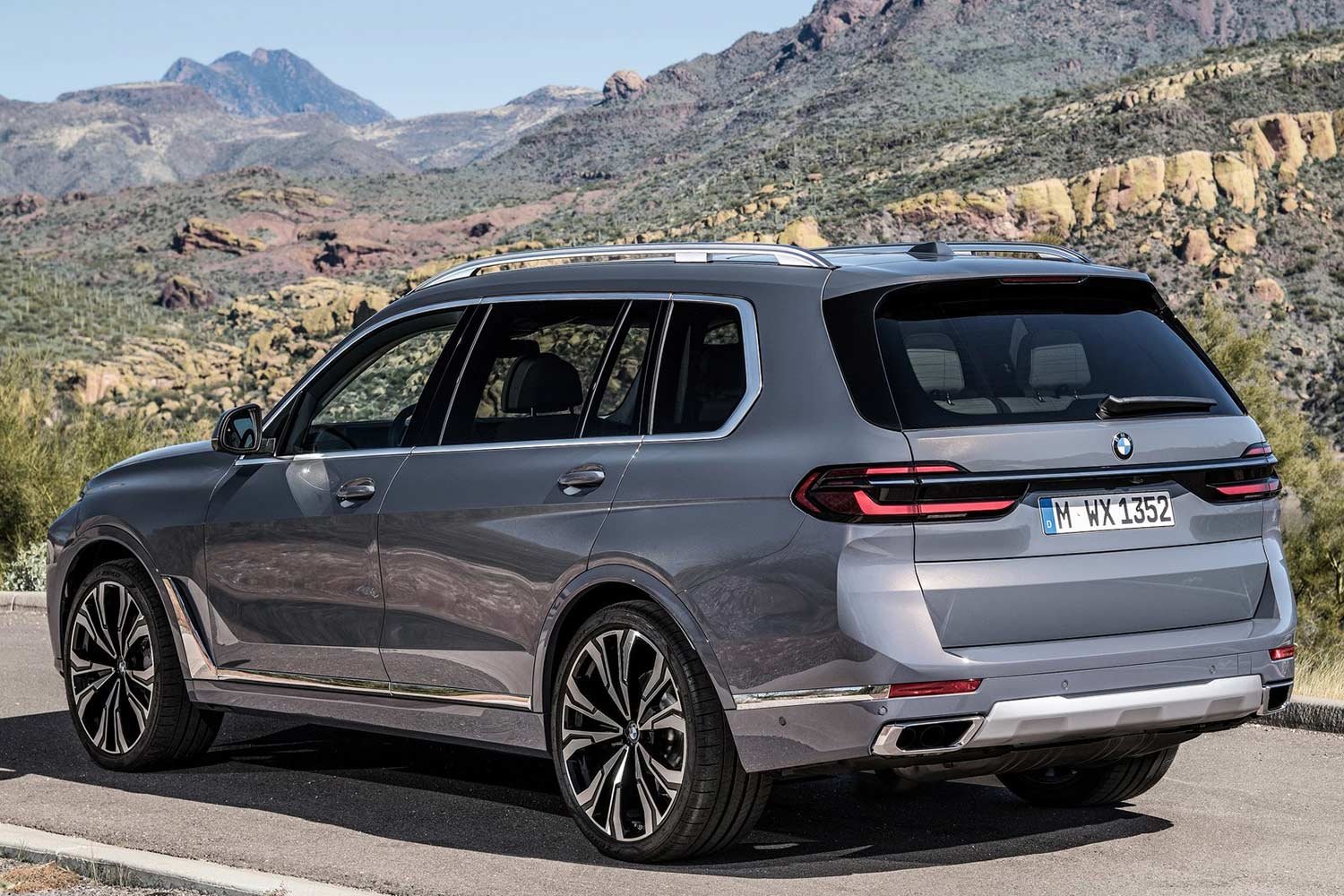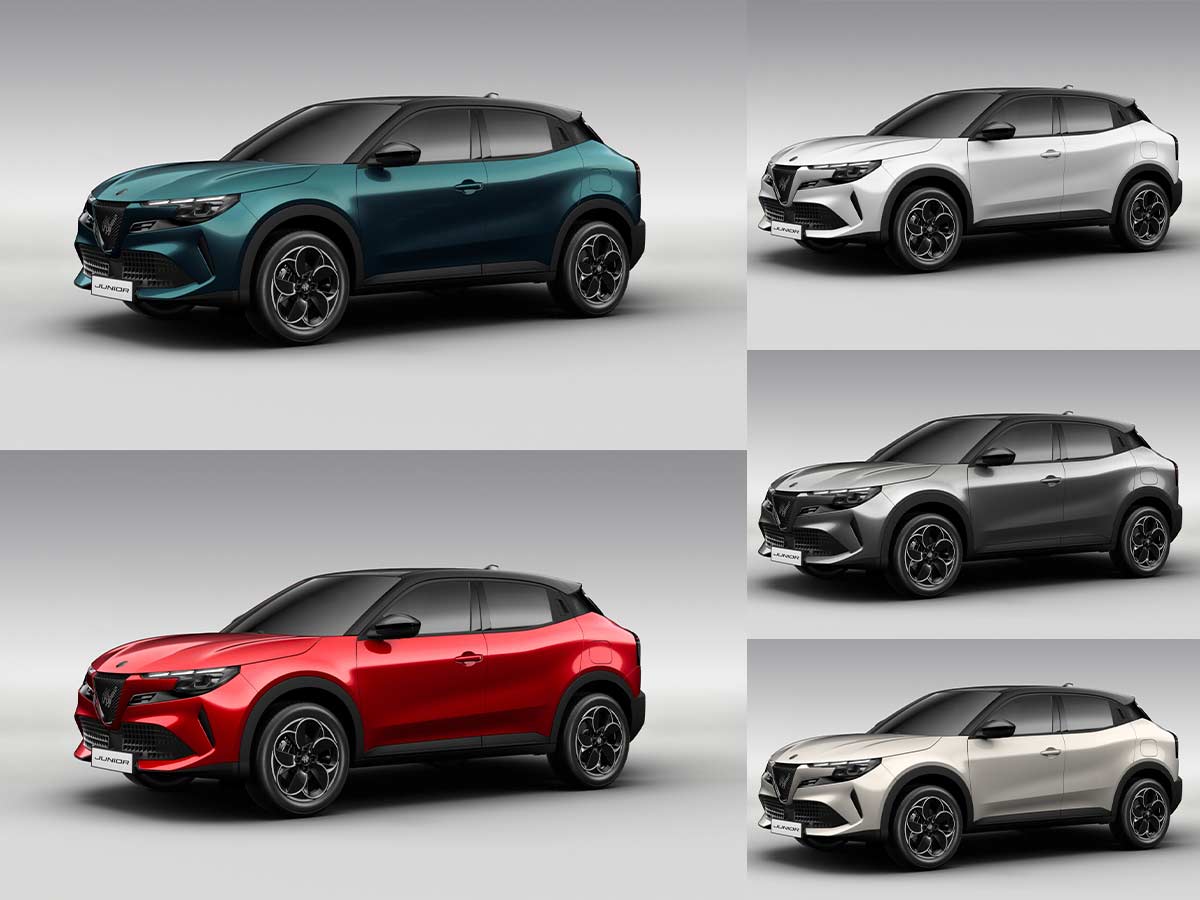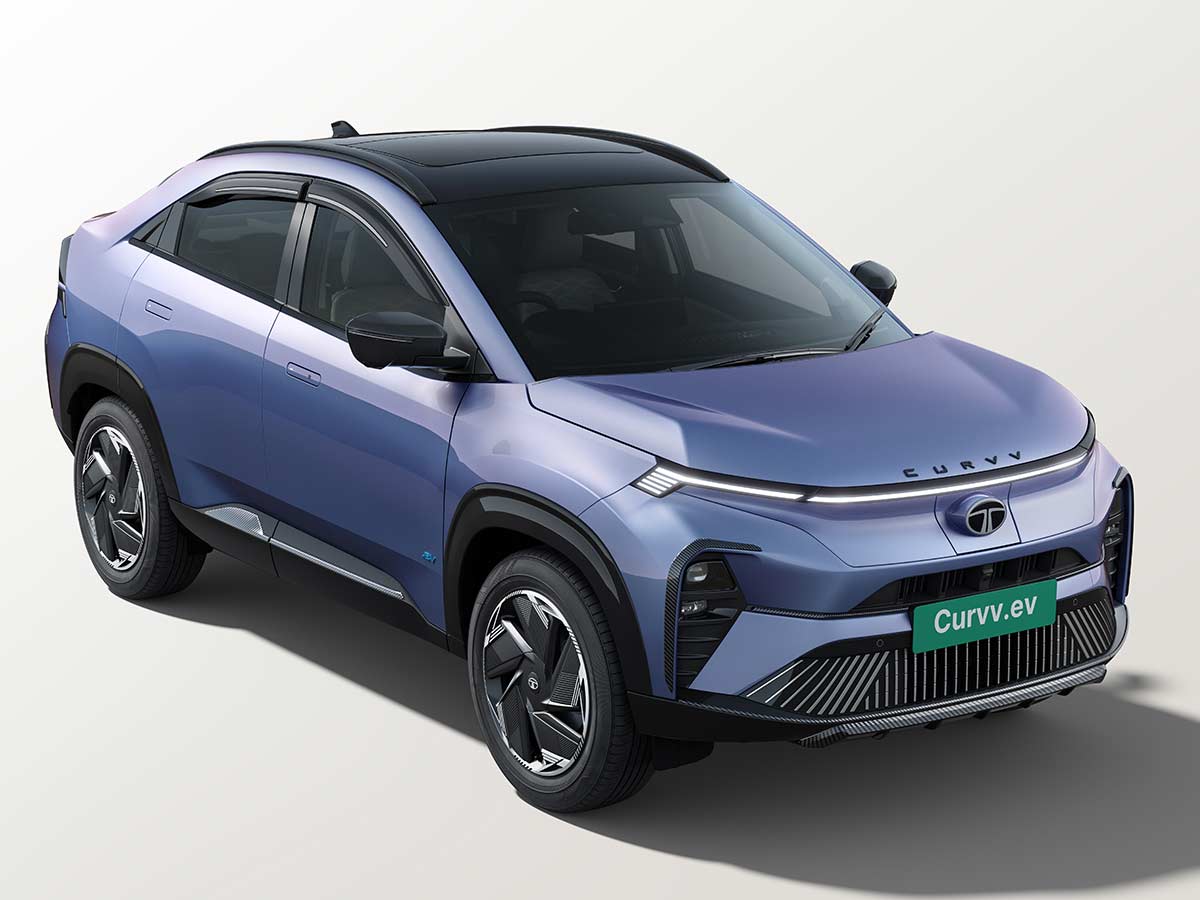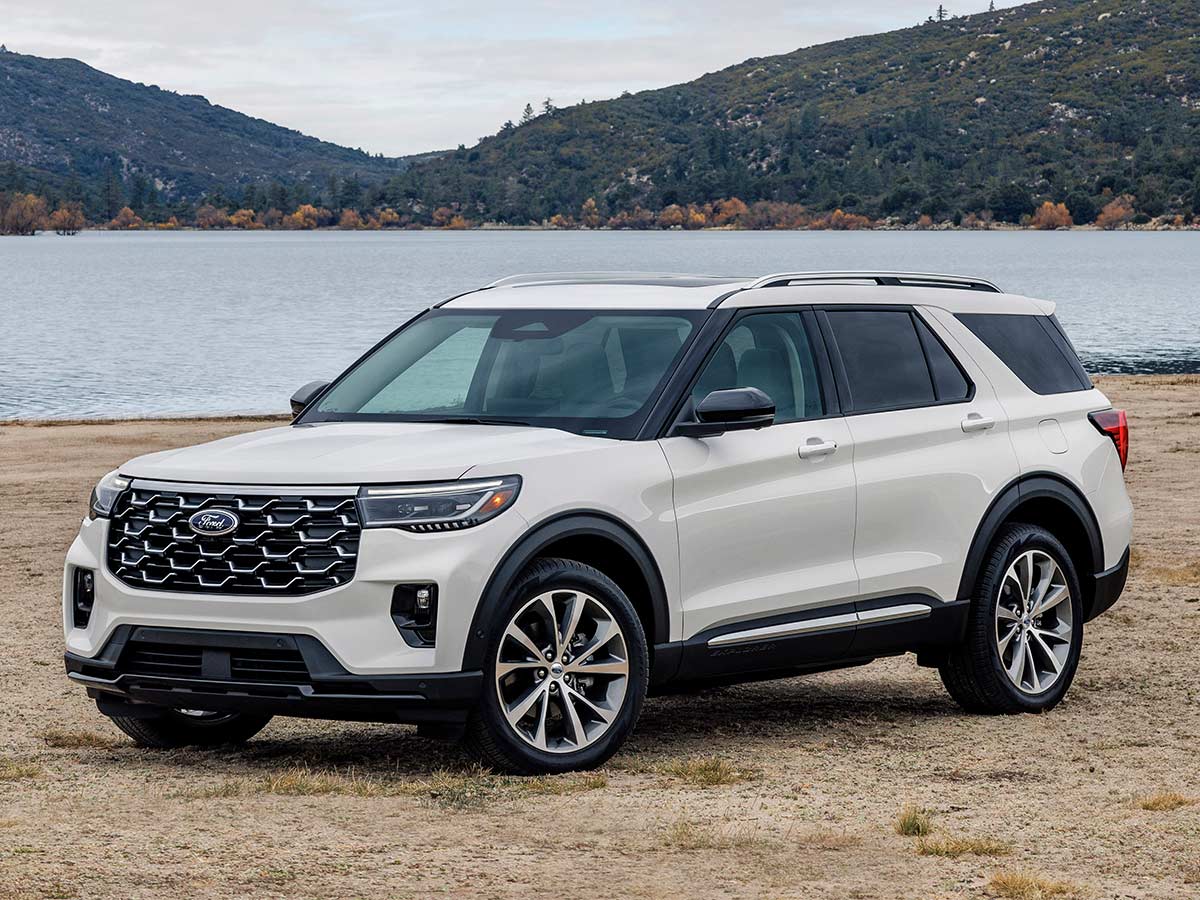Congratulations on your new car! You just bought your dream car and are thinking about going on a long drive. But you can’t, why? Because you’ll need to get car insurance before you can legally drive your new car. Car insurance is an important purchase for anyone who owns a vehicle, but it can be especially overwhelming for first-time buyers. There are many different options, coverage levels, and terms to consider, making it difficult to know what you actually need.
Before you start shopping for car insurance, there are a few things you should know.
First, it’s important to understand the different types of coverage that are available. The most common types of coverage include:
Liability coverage
Liability coverage is a type of car insurance that covers damages or injuries that you cause to others in an accident. It includes two subtypes of coverage: bodily injury liability and property damage liability.
Bodily injury liability coverage pays for medical expenses and other damages (such as pain and suffering) for the other driver and their passengers if you are at fault in an accident. Property damage liability coverage pays for damages to the other driver’s vehicle or other property (such as a fence or building) if you are at fault in an accident.
Liability coverage is typically required by state law, and the minimum required amounts vary by state. However, it’s important to note that the minimum required amounts may not be enough to fully protect you in the event of a serious accident. It’s a good idea to consider higher liability limits to provide more protection.
In addition to covering damages to others, liability coverage also provides legal defense if you are sued as a result of an accident. This can be especially important if the damages or injuries are severe and the other party decides to take legal action against you.
Collision coverage
Collision coverage is a type of car insurance that covers damages to your own vehicle if you are involved in an accident. It pays for repairs or the replacement of your vehicle (up to its actual cash value) if it is damaged in a collision with another vehicle or object.
Collision coverage is optional, and whether or not you need it will depend on your individual circumstances. If you have a newer or more expensive vehicle, collision coverage may be a good idea as it will help to protect your investment. On the other hand, if you have an older or less valuable vehicle, collision coverage may not be necessary as the cost of the coverage may exceed the value of the vehicle.
Keep in mind that collision coverage comes with a deductible, which is the amount you’ll have to pay out of pocket before your insurance kicks in. The higher the deductible, the lower your premiums will be. Just be sure you can afford the deductible if you need to file a claim.
In addition to covering damages to your own vehicle, collision coverage also provides rental car reimbursement if your vehicle is damaged in an accident and is being repaired. This can be a helpful benefit if you rely on your vehicle for transportation.
Comprehensive coverage
Comprehensive coverage is a type of car insurance that covers damages to your vehicle from non-collision events, such as theft, fire, natural disasters, and vandalism. It pays for repairs or the replacement of your vehicle (up to its actual cash value) if it is damaged in a covered event.
Like collision coverage, comprehensive coverage is optional. Whether or not you need it will depend on your individual circumstances. If you have a newer or more expensive vehicle, comprehensive coverage may be a good idea to protect your investment. If you have an older or less valuable vehicle, comprehensive coverage may not be necessary as the cost of the coverage may exceed the value of the vehicle.
Like collision coverage, comprehensive coverage also comes with a deductible, which is the amount you’ll have to pay out of pocket before your insurance kicks in. The higher the deductible, the lower your premiums will be. Just be sure you can afford the deductible if you need to file a claim.
In addition to covering damages to your own vehicle, comprehensive coverage may also provide additional benefits, such as personal property coverage (for items stolen from your vehicle) and emergency assistance (for things like towing and lockout services). These benefits can be helpful in certain situations, but it’s important to carefully review your policy to understand what is and is not covered.
Personal injury protection (PIP)
Personal injury protection (PIP) is a type of car insurance that covers medical expenses and lost wages for you and your passengers if you are involved in an accident. It is also sometimes called “no-fault” coverage, as it pays for your injuries regardless of who is at fault in the accident.
PIP coverage is typically available as an optional add-on to your car insurance policy. Whether or not you need it will depend on your individual circumstances and the types of medical coverage you already have. If you have good health insurance, PIP coverage may not be necessary. However, if you have limited or no medical coverage, PIP can provide important protection in the event of an accident.
PIP coverage typically includes medical expenses (such as hospital bills, prescription drugs, and rehabilitation costs), lost wages (if you are unable to work due to your injuries), and other expenses (such as childcare and household services). Some PIP policies may also provide additional benefits, such as funeral expenses and death benefits.
It’s important to carefully review your PIP coverage to understand what is and is not covered, as well as any limits or exclusions. Keep in mind that PIP coverage also comes with a deductible, which is the amount you’ll have to pay out of pocket before your insurance kicks in. The higher the deductible, the lower your premiums will be. Just be sure you can afford the deductible if you need to file a claim.
Amount of coverage
The amount of coverage you need for your car insurance will depend on a variety of factors, including the value of your vehicle, your personal financial situation, and your state’s minimum coverage requirements.
One important factor to consider is the limit of your coverage. A limit is the maximum amount an insurer will pay out in a covered claim. For example, if you have a $50,000 limit for bodily injury liability coverage and you are involved in an accident that causes $70,000 in damages, your insurance company will only pay out up to $50,000. The remaining $20,000 would have to be paid out of pocket.
It’s important to choose limits that are high enough to fully protect you in the event of a serious accident. If you have significant assets, such as a home or a large savings account, you may want to consider higher limits to ensure that your assets are protected. But, remember higher limits generally come with higher premiums. The insurer charges more for the added risk of providing higher coverage limits.
In addition to choosing appropriate limits, it’s also a good idea to consider adding additional coverage, such as collision and comprehensive coverage, if it’s important to you. These types of coverage can provide added protection for your vehicle in the event of an accident or other covered event. You can also consider adding additional coverage, such as roadside assistance or rental car coverage, if it’s important to you.
It’s also a good idea to shop around and get quotes from multiple insurance companies. Don’t just focus on the price – be sure to consider the reputation and financial stability of the company as well.
Check for discounts
Many insurance companies offer discounts for things like good grades, safe driving, and being a part of certain organizations. Don’t be afraid to ask about discounts – every little bit helps.
Review your policy regularly
It’s a good idea to review your policy at least once a year to make sure it still meets your needs. As your circumstances change (such as getting married or adding a new driver to your policy), your insurance needs may change as well.
Consider a higher deductible
A deductible is the amount you’ll have to pay out of pocket before your insurance kicks in. If you choose a higher deductible, your premiums may be lower. Just be sure you can afford the higher deductible if you need to file a claim.
Use the same insurer for multiple policies
If you have other insurance policies (such as home or renters insurance), consider bundling them with the same insurer. This can often result in discounts on all of your policies.
Don’t skimp on coverage
It can be tempting to go with the bare minimum coverage to save money on premiums, but this can be a risky move. Accidents happen, and you don’t want to be left without sufficient coverage if you’re in an accident. It’s better to have a bit more coverage and peace of mind than to save a few dollars in the short term.
Final Words
Overall, the key to finding the right car insurance for you is to do your research and be proactive in asking questions. Don’t be afraid to ask for help from insurance agents or to negotiate for better coverage and rates. With a little bit of effort, you can find a policy that fits your needs and budget.
